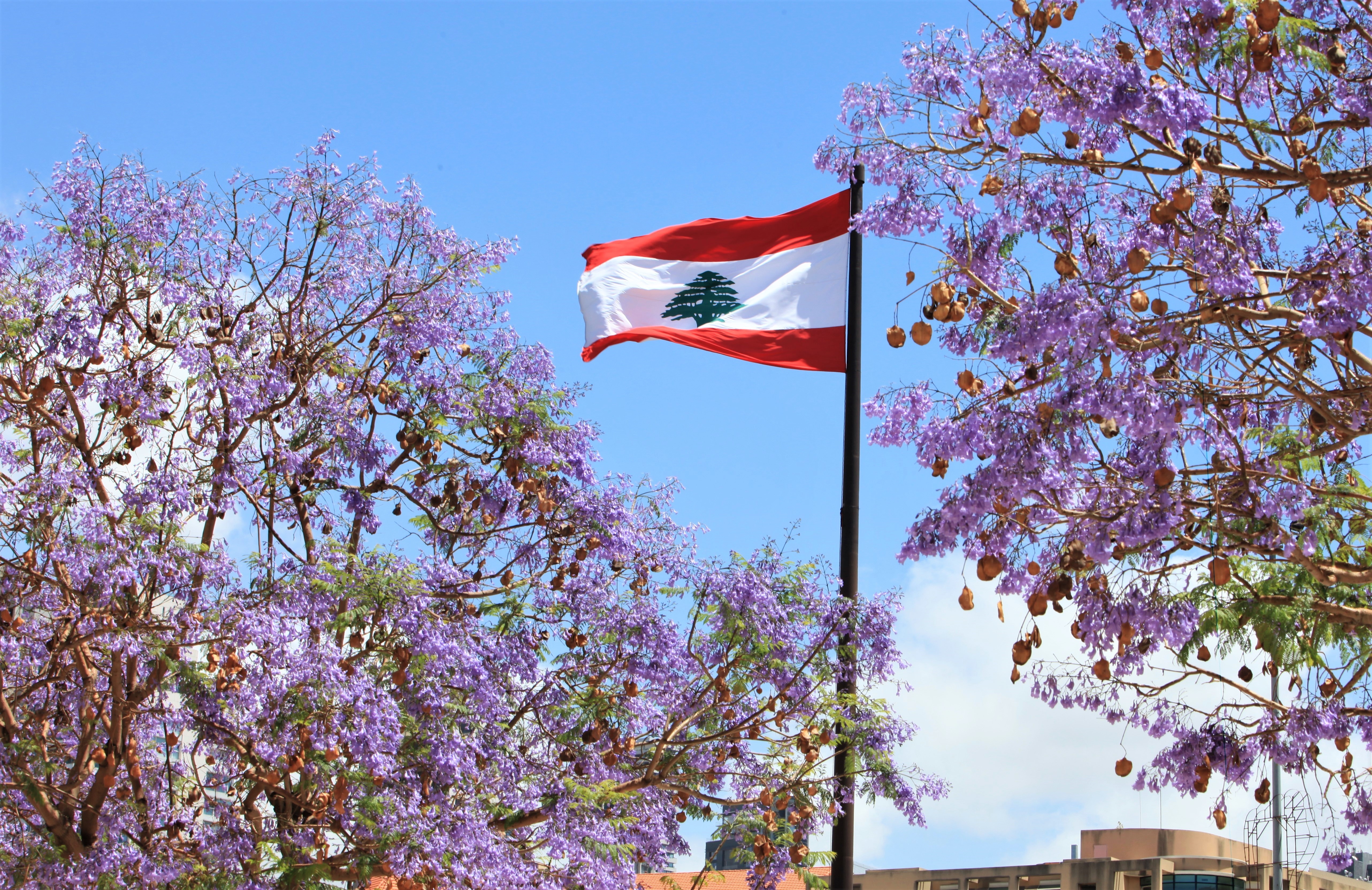Lebanon’s social and humanitarian crises have sharply accelerated over the past two years. From the onset of Covid-19 to the Beirut port explosion and the unfolding financial and socio-economic collapse, Lebanese citizens as well as Syrian and Palestinian refugee communities are witnessing a rapid slide into poverty and despair. Recent developments threaten to fuel civil unrest, xenophobia, and extremism. In the meantime, international partners including donor countries, multilateral institutions, and non-governmental organizations have rallied to help Lebanon avert a total and irreversible humanitarian disaster with wide-ranging repercussions.
How have international partners and the Lebanese diaspora circumvented the absence of a strong and capable central government to deliver much-needed support to citizens and refugees alike? What are some of the different potential scenarios for Lebanon on the social and humanitarian fronts in the months ahead? What must be done in the short and long term to prevent the country from spiraling further downward?
Opening Remarks:
Congressman Darin LaHood
U.S. House of Representatives, Illinois's 18th District
Paul Salem
President, MEI
Speakers:
Alex Mahoney
Acting Office Director for the Middle East, North Africa, and Europe, Bureau for Humanitarian Assistance, USAID
Nadine Massoud-Bernheim
Chief Executive Officer, LIFE
Haneen Sayed
Lead Social Protection and Jobs Specialist, MENA Region, World Bank
Mona Yacoubian, moderator
Senior Advisor to the Vice President of Middle East and North Africa, United States Institute of Peace
Photo by Liu Zongya/Xinhua via Getty Images












